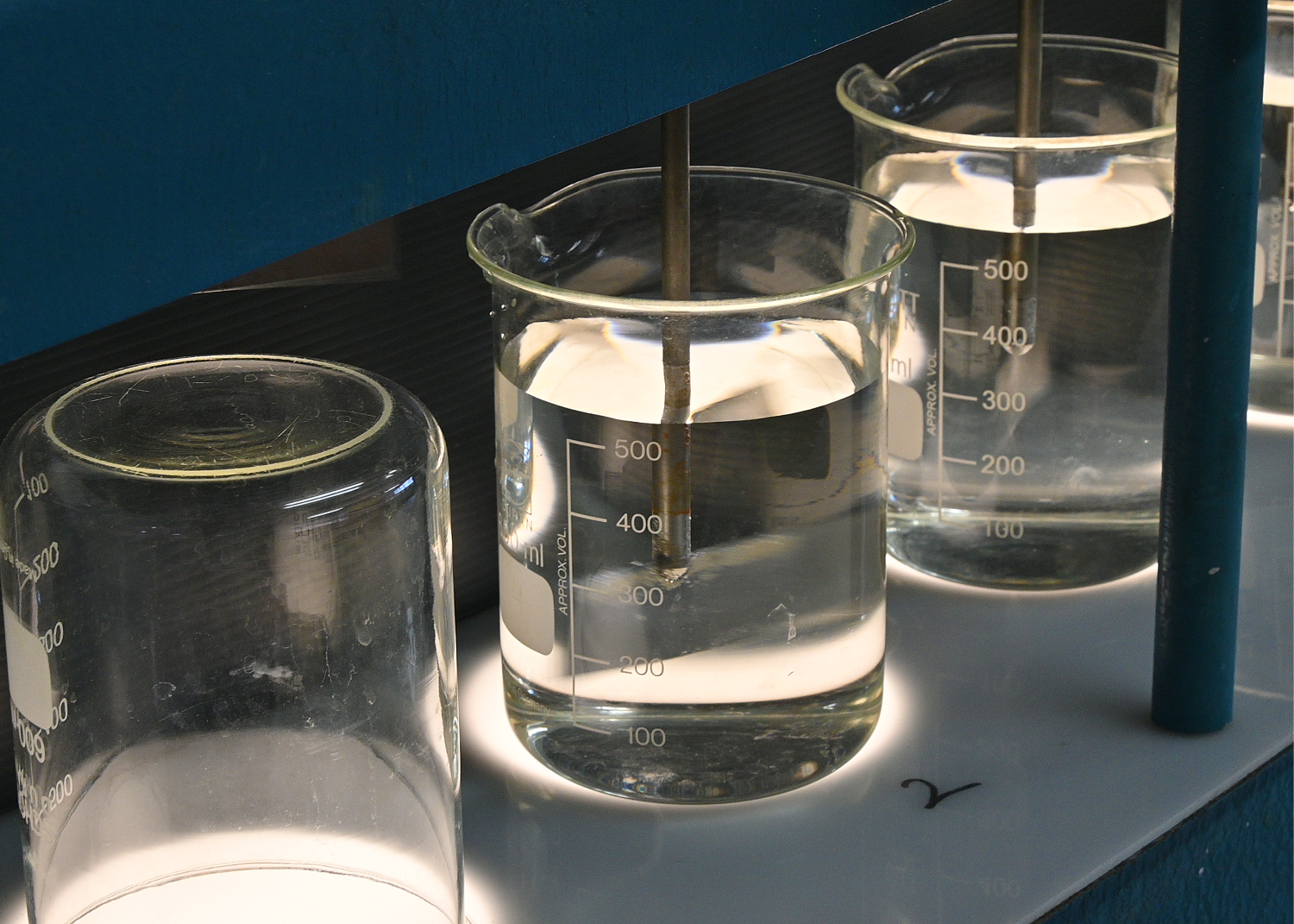Council statement - Water Quality
Published on 17 June 2024

MidCoast Council is aware that recent media coverage highlighting the presence of PFAS compounds in Australian drinking water supplies has raised concerns among the public.
Per- and poly-fluoroalkyl substances (PFAS), which include per-fluoro-octane sulfonate (PFOS), per-fluoro-octanoic acid (PFOA), and per-fluoro-hexane sulfonate (PFHxS), have historically been used in the manufacturing of products such as firefighting foams, food packaging and household products. These substances are characterised by very strong chemical bonds which make them resistant to chemical, physical and biological degradation.
The NSW Environmental Protection Authority (EPA) is leading an investigation to assess the legacy of PFAS use across NSW. High-risk sites include airports, firefighting training facilities and some industrial sites. Currently, there are no PFAS investigation sites located within the MidCoast local government area. In addition, previous PFAS testing Council has undertaken has failed to register a result in any of its drinking water sources. As such, there is a very low risk of Council-supplied drinking water being contaminated by PFAS.
Council adopts a risk-based approach to managing water quality from the catchment to the tap. This includes anticipating potential problems and implementing preventative measures at all stages of the drinking water supply process. As part of this, Council implements a Drinking Water Quality Management System (Quality Assurance Program) for all its water supplies.
Council reports to and seeks advice and direction on matters relating to Drinking Water Quality Management from NSW Health and the NSW Department of Climate Change, Energy, the Environment, and Water. Council's Drinking Water Quality Management System is approved by NSW Health.
Council also submits a monitoring program to support the Quality Assurance Program each year to NSW Health and routinely monitors and tests its water to ensure that public health and regulatory requirements are met.
Council will continue to work with NSW Health to maintain a safe water supply for all customers.
More information about PFAS investigation sites is available on the NSW EPA website.